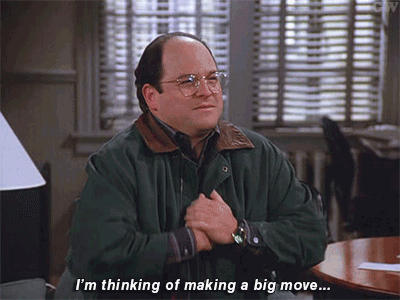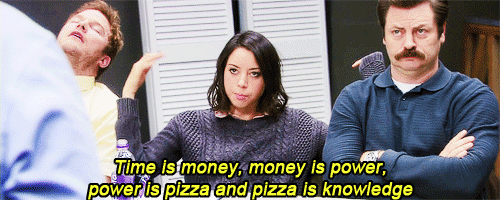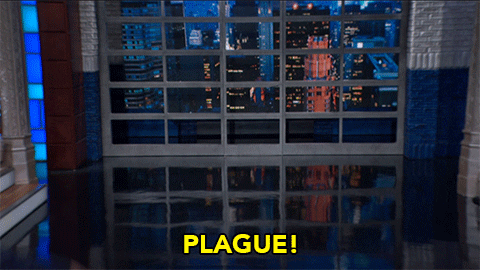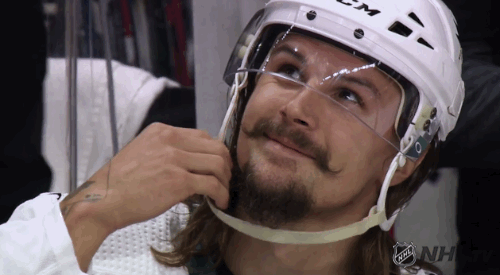
After the expected initial burst in the free agent market on July 1, things have also quite expectedly quieted down. According to CapFriendly, of the 184 remaining free agents on the market, five were making $5M or more last season, sixteen were making over $3M, and fifty-two were making over $1M. There’s a fair amount of quality NHL players left to be had, so it’s mostly just a matter of time (or money) before many of these players are signed.

With regards to the Pittsburgh Penguins, there is anticipation for the next move. They have a maximum twenty-three players on the NHL roster and forty-five of a maximum fifty contracts, but they are also ~$2.3M over the salary cap, so there’s a bit of work to do before they can call their offseason retooling project complete. Drew O’Connor, the lone restricted free agent who was given a qualifying offer, applied for salary arbitration, which subsequently reopened the buyout window for the Penguins. President of hockey operations Kyle Dubas has repeatedly stated that he doesn’t want to use the buyout (even on the likes of Mikael Granlund), but the team does have a cap deficit. While they do have some time before they must be fully cap compliant (around the end of training camp in September), it makes sense to try and avoid the kind of cap crunch that has plagued the team for the past few years.

Then there are the Erik Karlsson rumors. In case you’ve been living under a rock (in which case, you’re probably famished and dehydrated, so reading about a hockey team is the least of your worries), the reigning Norris trophy winner* has made it clear that he would like to move on from the San Jose Sharks which, since losing to the St. Louis Blues in the Western Conference Finals in 2019, have been in the bottom three of the Pacific Division each year. The Sharks were most recently ranked 10th in terms of prospect pool strength, but Karlsson, who turned 33 in May and just finished his fifth season in San Jose, is likely looking for a chance to win the Stanley Cup before his career is over, and even the best prospect pool is probably still a minimum of three years away from turning their team into a contender. Karlsson has four years left on his contract, on which he is being paid an eye-popping $11.5M/year.

First of all, let’s address the asterisk above. Karlsson took home the Norris trophy as the NHL’s best defenseman (his third career win, and his first time being a finalist since 2017) but that award is rarely given to defensemen whose key attribute is actually defense. Indeed, Karlsson overwhelmingly led all defensemen in scoring this past season, 25 points more than the next two one the list, but he also notched his fourth straight season with a negative plus/minus – in fact it was his second-worst season as far as that particular yet maligned statistic goes. Okay, we don’t like plus/minus, fine. If you look at some of the detailed metrics, things actually look better for Karlsson. According to Natural Stat Trick, in all situations and amongst the 204 defensemen to play over 600 minutes last season, here is how Karlsson ranked in some particular on-ice metrics:
| Time on ice | 2nd |
| Corsi (unblocked shot attempts) against | 19th |
| Corsi-for% | 13th |
| Shots on goal against | 12th |
| Shots-for% | 22nd |
| Goals-for% | 59th |
| Expected goals-for% | 22nd |
| On-ice save% | 202nd |
That last metric is quite telling: despite all the positive effort the Sharks saw with Karlsson on the ice, San Jose’s goaltenders were abysmal. Collectively the Sharks allowed the tenth-most shots on goal (fewer than Pittsburgh!) but allowed the third-most goals against and had the worst save percentage in the League. More and more general managers and coaches are recognizing that one key to playing good defense is to actually have a great offense, to pin your opponent in their end and not give them the opportunity to be productive in your end. As far as defensemen go, Erik Karlsson was one of the best in the League at this last year. Is that what it actually means to be a good defenseman? In my book, no, but I am not a member of the Professional Hockey Writers Association (and probably never will be) and my vote is quite silent in that regard. Nevertheless, Karlsson was the arguably the best player on an awful Sharks team; put him on a better team, and things would probably be quite different!

Second, and most importantly, Karlsson bears a heavy salary burden. Lately NHL GMs have found creative ways to fit themselves under the salary cap, like trading a player from one team to the next, the originating team retaining some salary on that contract, only to be forwarded on to another team while that forwarding team retains some of the salary as well. I’m not sure which is the worse loophole between this or putting an ostensibly injured player on LTIR to not only get salary cap relief but also have that “injured” player fully healthy and ready for the playoffs, but general managers clearly like these loopholes so who cares. But Pittsburgh will have to provide something of substance to San Jose (and other interested parties) and the likes of Jeff Petry, Mikael Granlund, or whoever else we don’t like right now is probably not it.

Overall I’m dubious that this is the right way to improve the Penguins offensively. The problem for many years has been the lack of an offensively-productive third line. Kyle Dubas hasn’t done a whole lot to alleviate those concerns, as much as he has put effort into remaking the bottom six over the past week or so. Erik Karlsson would absolutely be a game-changer, not just in bringing more offense at even strength but definitely on the power play (which has lacked dynamism for a few years as well). It just seems backwards to me, but again: who am I but a fan writing for some third-rate blog? Acquiring Karlsson would definitely add to the entertainment value of the Pittsburgh Penguins, if not pushing them in the direction of seriously competing for the Stanley Cup next spring.

